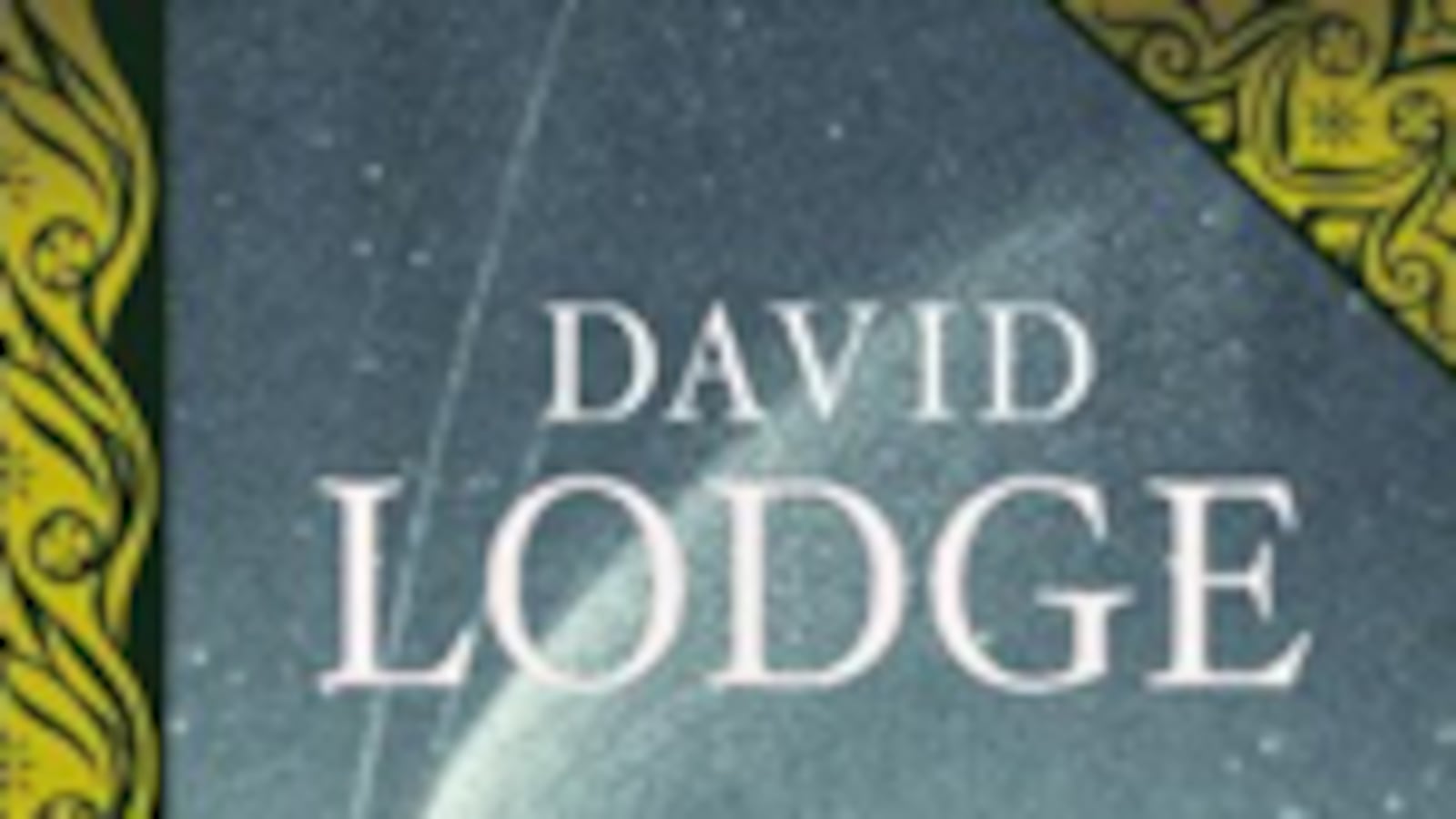Novels About Novelists

In The Year of Henry James (2006), the English novelist, David Lodge, has already told the strange story of how his novel about James, Author, Author (2004), coincided with Colm Tóibín’s The Master, published earlier the same year and dealing with the same writer at the same period of his professional crisis in attempting to become a playwright. Lodge has now moved on to H.G. Wells for A Man of Parts, a novel which Jerome Boyd Maunsell describes as the second section of a biographical diptych.
The rise to prominence of the “biographical-novel-about-a-writer”—a subgenre which carries its own unique rewards and traps—is worth discussing in itself. With “typical conscientiousness and self-consciousness,” Lodge gives several examples of this subgenre in recent decades, including works by J. M. Coetzee, Penelope Fitzgerald, Malcolm Bradbury, Beryl Bainbridge, Edmund White, Alberto Manguel, and Julian Barnes. No doubt thinking of himself as much as generalizing, Lodge notes how many novelists “have taken up the biographical novel at a relatively late stage of their careers”; and indeed, many such books are by writers, like himself, whose earlier work was more attuned to open, lived experience rather than confined by specific facts in a literary archive, even if their lived experience was often very bookish.
Lodge speculates as to why so many writers have been attracted by the genre; his reasons are mixed. Some of his points echo the rationale behind the New Journalism of the 1960s and '70s; they also echo David Shields’ assault on the novel in Reality Hunger (2010). The turn toward the biographical novel, Lodge writes, could be a symptom of a “declining faith” in “purely fictional narrative”; or “a characteristic move of postmodernism” in its assimilation of past art; or “a sign of decadence and exhaustion” in fiction; or “a positive and ingenious way of coping with the ‘anxiety of influence.’” As for A Man of Parts itself, it takes some while to come to life but includes some very funny passages, especially when Henry James appears.
An Epistolary Eccentric
Ellen Terry acted on the English stage for 70 years and was its major female star, specializing in the great Shakespearean roles, for the last quarter of the 19th century. She was also a prolific letter writer, an art which John Stokes in the TLS this week likens to acting, in that both activities create conviction by “the impression of spontaneity.”
Great letter writers, like great actors, have a gift, he says, for immediacy, for the here and now, the depth of expression depending on its closeness to the actual processes of thought. Even when we are not the addressee but a later reader, they make us feel that we are members of a fortunate audience. With the very best letters of all, collected in a new edition by Katharine Cockin, it is as if we are reading along with the original recipient yet hearing the voice of the writer at the moment of composition, occupying some theatricalized realm where the usual rules of time and space are in abeyance. By these criteria, Stokes says, Ellen Terry, who sometimes signed herself, “Your old friend, Portia Viola, Ophelia, Olivia,” was a remarkable letter writer indeed.
Thomas Hardy’s Critics
For Thomas Hardy, one of many writers and artists to comment on Ellen Terry's lightness and strength, the actress was an extraordinary stage presence, “an anemone without a shadow.” Seamus Perry comments this week on the many critics who wish to provide companionship for Thomas Hardy, the “Companion to” being a popular modern way of delivering criticism in slices that individually do not merit a book of their own.
Hardy, as Philip Larkin once contended, is a writer for whom critics have rarely done very much. It is no reflection on the learning represented in the Ashgate Research Companion to Thomas Hardy that “you feel at times as though the subject of the book has slipped out the back while you were otherwise occupied with some fascinating piece of context.”
Peter Stothard's latest book is On the Spartacus Road: A Spectacular Journey Through Ancient Italy. He is also the author of Thirty Days, a Downing Street diary of his time with British Prime Minister Tony Blair during the Iraq War.






